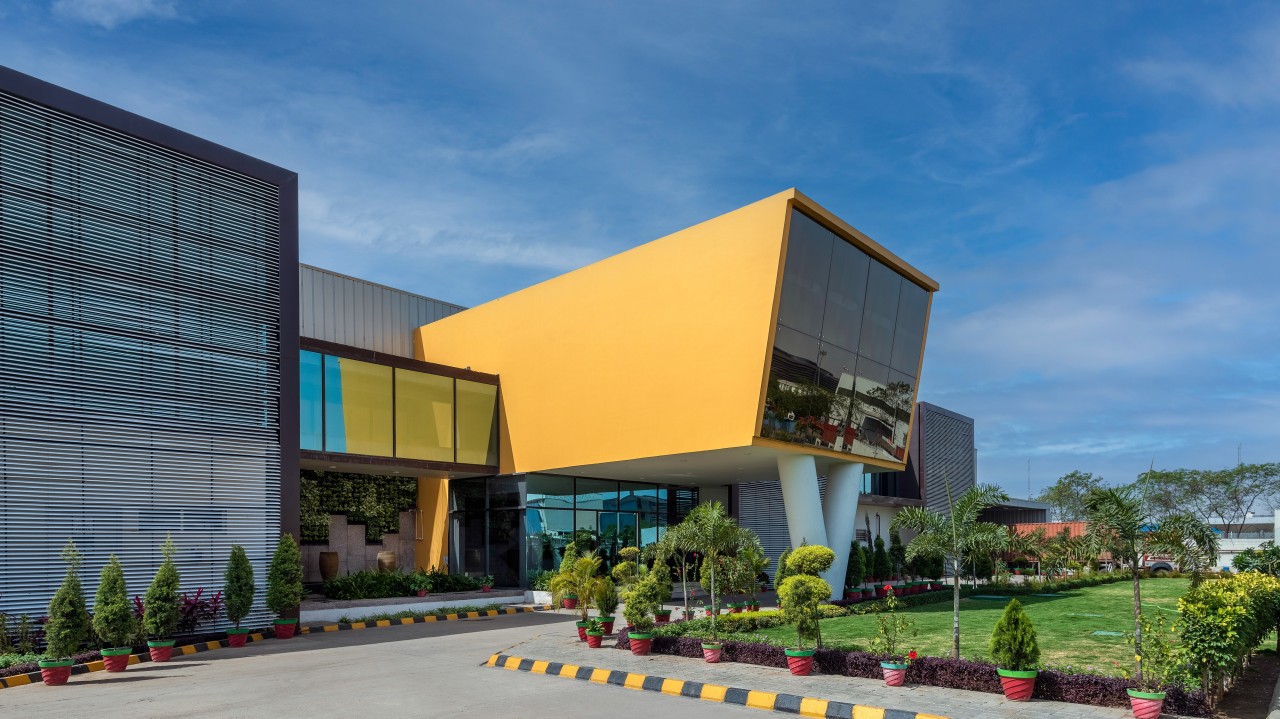The Essential Role of Diapers in Parenting
Diapers play a crucial role in the journey of new parents; interestingly, around 25.2 million individuals in India rely on them. Have you ever paused to consider how they function? What technology and science are involved in their production? Let’s explore this topic further.
The Science Behind Modern Diaper Technology
Modern diapers are the culmination of decades of innovation aimed at maximizing comfort and absorbency. Absorbency stands out as the most vital characteristic of any diaper. The challenge lies in designing a product capable of absorbing significant amounts of liquid and distributing it evenly to prevent leaks.
Superabsorbent Polymers: The Secret Ingredient
So, how does this work? The key lies in a water-absorbing substance known as superabsorbent polymer, or sodium polyacrylate. These superabsorbent polymers (SAPs) expand drastically upon contact with water, as the water is drawn into and retained by the polymer’s molecules, functioning much like large sponges. Some can absorb up to 800 times their weight in water—imagine the capacity of a large diaper!
How Fibers and Polymers Work Together
The cotton-like fibers within the diapers assist in evenly distributing both the polymer and the liquid, ensuring that the baby does not sit on a clump of gel saturated with water. While even a small amount of polymer can hold a substantial volume of water, it does have its limitations.
Limitations and Common Diaper Challenges
Despite their advantages, diapers can present challenges. If you’ve seen a baby in a diaper playing in a wading pool, you know that even a single diaper can soak up a considerable amount of water. Many public pools prohibit their use in the water. Some individuals have mistakenly disposed of diapers in toilets, which is not advisable.
Beyond Baby Care: Other Uses of SAP Technology
Nevertheless, these diapers are a remarkable invention that contributes to keeping babies dry and content. Today, SAPs are utilized in various fields, including forestry, gardening, and landscaping, as a means of conserving water. The global impact of this technology is truly impressive.





